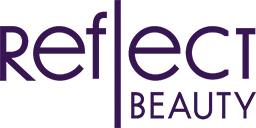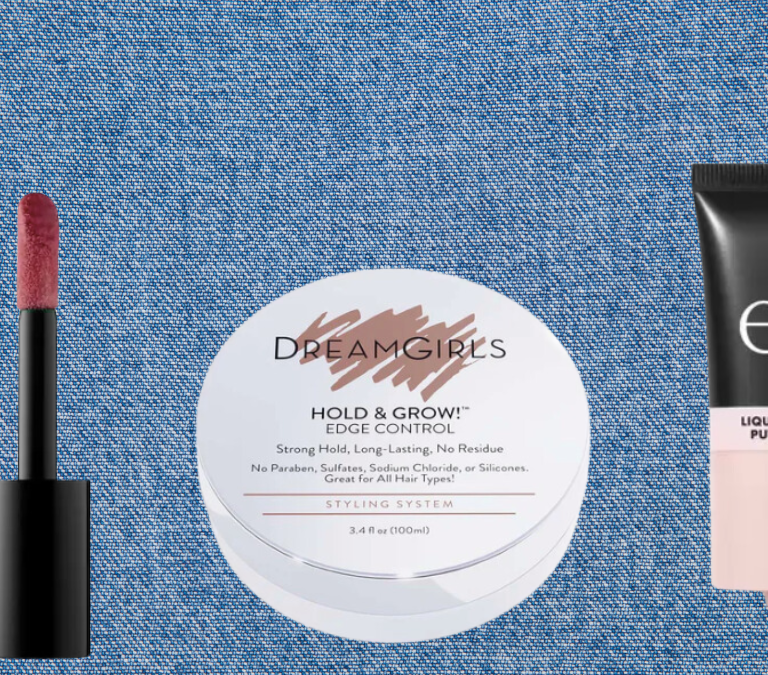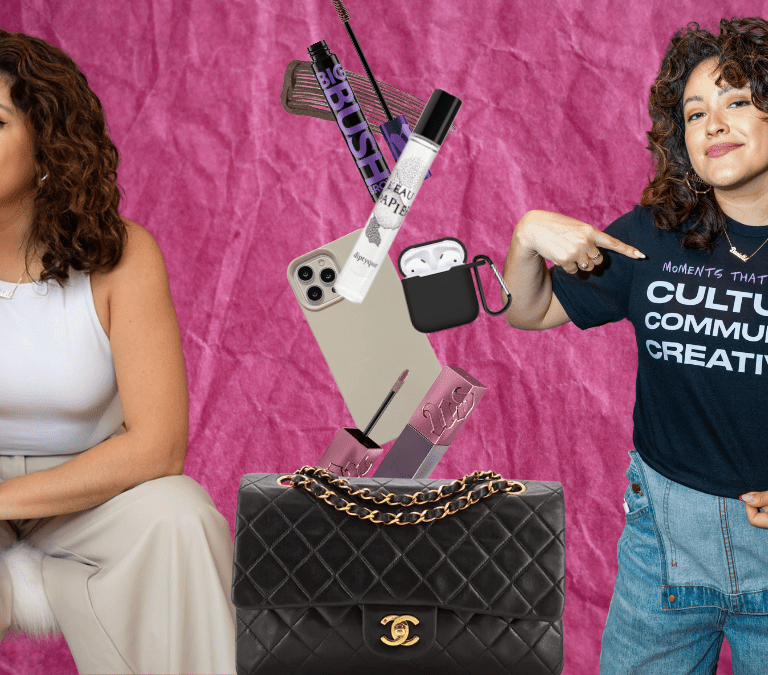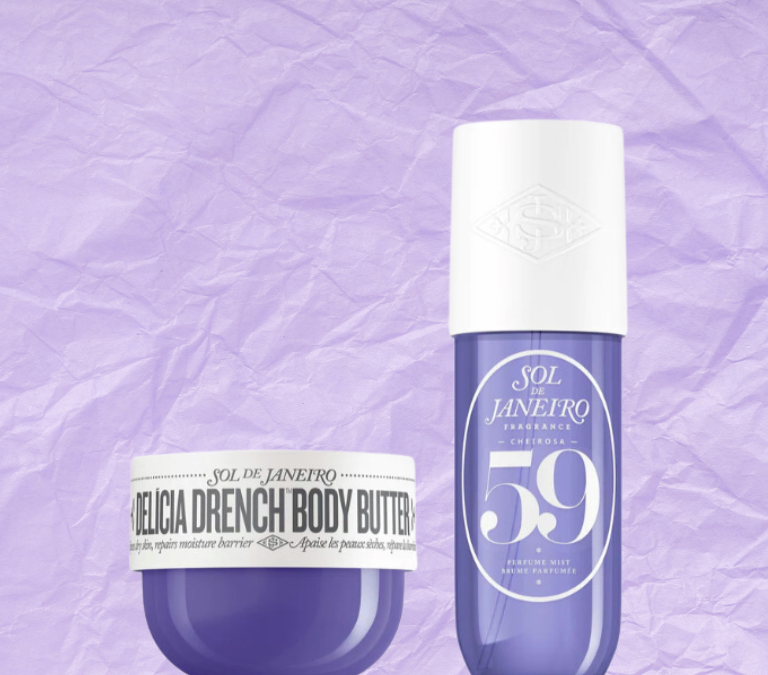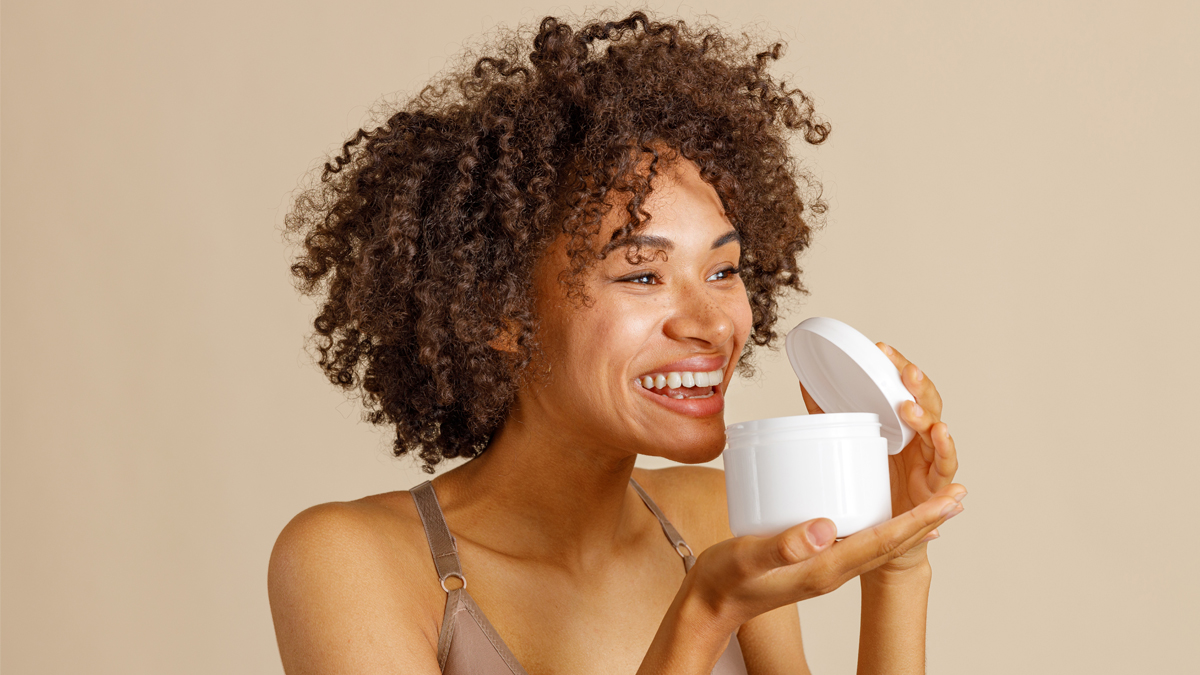
Clean beauty has gone from a minor trend to a major movement. Beauty blogs galore are all abuzz with ways to practice and spend our coins on it. But, there are so many beauty products on the market claiming to be “clean” and so much contradicting information out there about what it really means for a product to be clean. Is it vegan, plant-based, non-toxic, or some other ambiguous and overlapping moniker?
[SEE ALSO: Is Organic Makeup Worth It?]
It can all be very overwhelming! Like, a “make you wanna throw out everything currently in your beauty and skincare cabinet” overwhelming.
Or, an “I’m gonna completely ignore all of this because honestly who has the time to figure it out” kind of overwhelming.
But fear not, friend, we’re here to help, with simple definitions of what qualifies as clean beauty, and why any of it might matter to you.
So what exactly is “clean” beauty?
At its simplest, the term “clean beauty” describes beauty, skincare, makeup or hair products that are made with the intention of being better for you without certain ingredients that could be, or that have been proven to be, harmful for your health, your body, and/or for the environment.
Some of those commonly agreed upon as harmful ingredients, include phthalates, fragrances, formaldehyde and talc in the products, themselves, along with BPAs that are found in some product packaging.
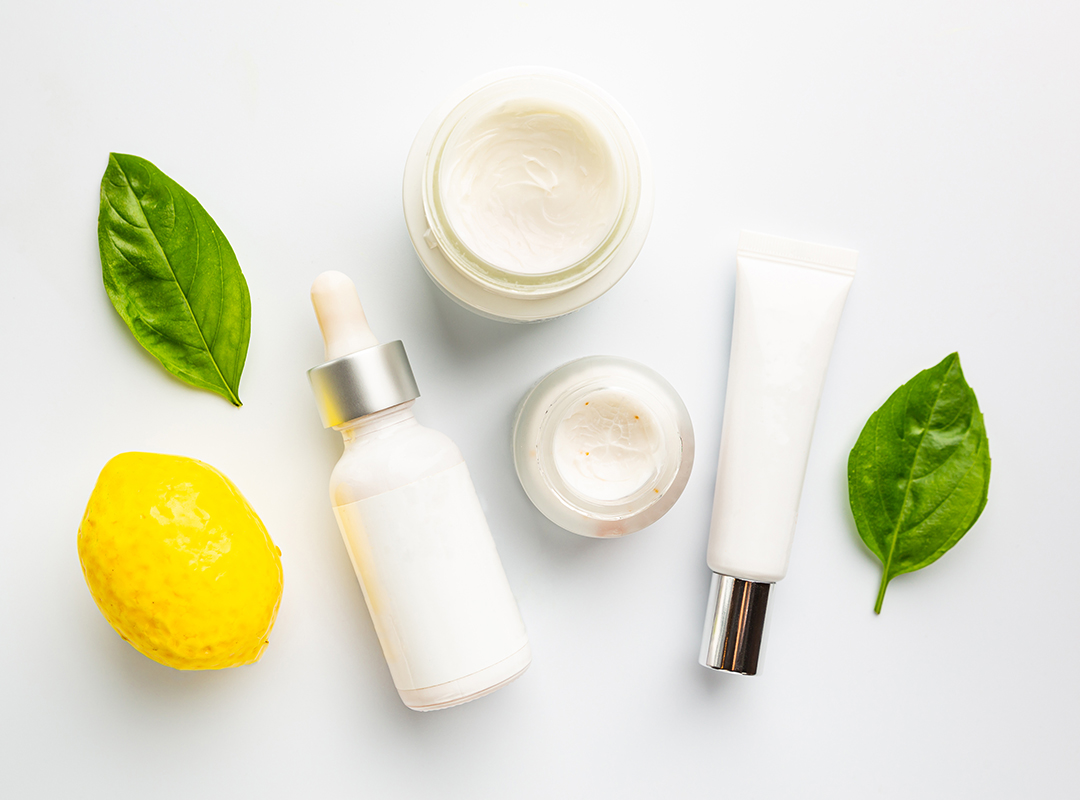
Nontoxic Beauty
Nontoxic beauty, specifically, focuses on making sure the things we put on our hair, nails and skin don’t have carcinogens or other illness-causing chemicals. Those chemicals have been found to cause everything from endocrine (hormone) disruption and respiratory issues to congenital birth defects or miscarriages for pregnant women.
In “Not So Pretty,” a four-part documentary series on HBOMax, experts describe in detail:
- Some of the long term effects of the trillion (yes with a “T”) dollar beauty and personal care industry has had on our health and our environment;
- How the industry is largely unregulated, leaving it up to brands to disclose (or not disclose!) harmful ingredients that are in the products they sell;
- There are only 11 harmful chemicals banned from inclusion in our hair, nail, skin and makeup products here in the U.S., while there are over 1300 chemicals banned in places like the European Union.
While the undesirable ingredients are removed to varying degrees, you can start to get an idea of why you may want to limit exposure to certain elements that are found in more conventional beauty products.
Beyond being non-toxic, you’ll find products that cater to specific consumer concerns, and this is the part where you can decide what’s most important to you, and kind of choose your own adventure.
Vegan Beauty
Vegan beauty, like a vegan food diet, means there are absolutely no animal ingredients in the product. This includes meat, eggs, dairy and even honey.
Cruelty-Free Products
Similarly, cruelty-free products are those that have not been tested on animals (but could still contain animal ingredients). If you have a soft spot for animals and prefer to keep them off your plate and your vanity, either vegan- or cruelty-free options would likely be right for you.
They’re often denoted with a corresponding symbol, like the Leaping Bunny, a certification for beauty products that confirms there has been no animal testing at any phase of production.
Plant-Based Beauty
Like the name suggests, plant-based beauty products are made with materials that can be derived from plants, like fruits, nuts, seeds and herbs.
Organic Beauty
Just like shopping for the “Clean 15” in your local grocery store produce aisle, you’ll find that the ingredients in your certified organic beauty have met rigorous standards set forth by the United States Agriculture Department (USDA) for agricultural products.
Eco-Friendly Products
The environmental impact from beauty packaging waste has become a large issue as there are millions of tons of plastics dumped into the ocean, creating a phenomenon known as “garbage patch islands” where the floating debris collects en masse. And environmental research shows these plastics break down into microplastics that escape into our water and soil systems.
If you are someone who feels protective of the planet, having personal care products that are environmentally or eco-friendly will likely matter to you. Eco friendly means either the product, its packaging, or both were made from renewable or sustainable products.
Whether you choose to go the clean or the conventional route, we want you to make informed decisions about what safe product use looks like for you. One way you can stay informed is to consult an app like the Environmental Working Group’s Skin Deep database, which gives ratings to known cosmetics including allergens, cancer-causing agents and ingredients linked to developmental and reproductive toxicity.
